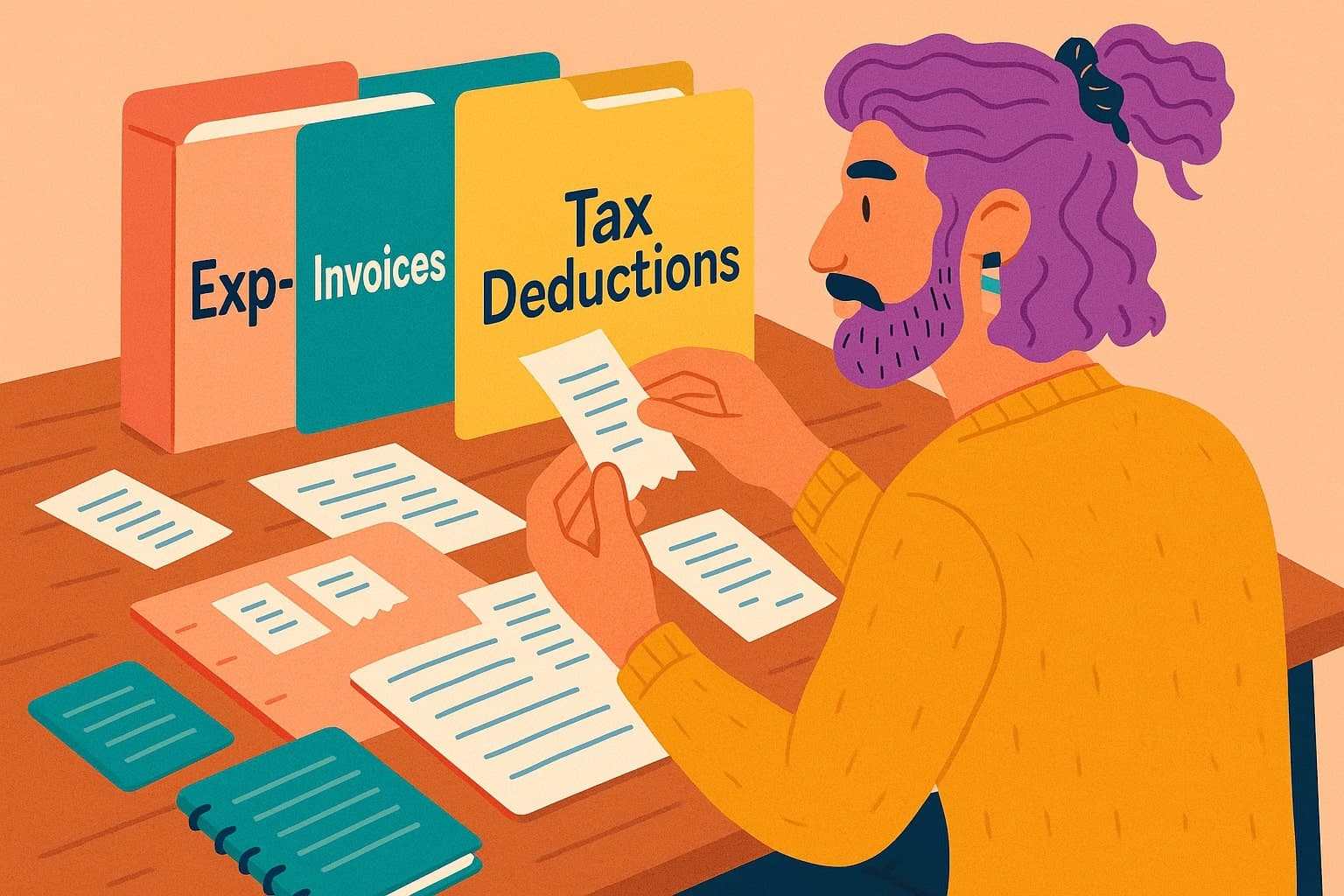From registration to tax prep, turn your craft into a smooth, well-run business
Inked by Blinc
October 16, 2025
Ontario is home to a growing community of artists, musicians, actors, designers, and creators building meaningful careers in their craft. Turning creativity into income is exciting, but managing the financial and administrative side can be a burden. From registering your business to keeping track of expenses, getting your setup right early on can make a big difference
Here’s a straightforward guide to help Ontario creatives organise their business and make the most of their deductions.
Before anything else, make sure your business is officially registered. Registering your creative business helps you:
Once your business is registered, you’ll receive a Business Number from the CRA, which you’ll use for taxes and, if your annual income exceeds $30,000, HST registration.
You can register your business through blinc.today. At Blinc, we help Ontario creatives take care of registration, incorporation, and CRA setup in one simple process so you can focus on building your brand instead of sorting through government forms. You can also register through the Ontario Business Registry or use another platform like Ownr.
This is one of the simplest ways to stay organised and one of the most overlooked.
Open a separate account for your work so that every deposit, payment, and expense stays clear. This makes bookkeeping far easier and protects you if the CRA ever asks for supporting documents.
Use a bookkeeping tool, like Blinc or Quickbooks, or spreadsheet to log:
Creative businesses come with unique expenses, many of which are tax-deductible. Claiming these correctly helps lower your taxable income.
Here are some common deductions:
Keep detailed notes and receipts explaining how each expense supports your work, this helps ensure you can defend your deductions if needed.
Waiting until April to review receipts is stressful and risky. Try setting aside 30 minutes a week to update your records and categorise expenses. If you receive payments through platforms like PayPal, Etsy, or streaming services, download your statements monthly so nothing gets missed.
If your income fluctuates seasonally, which is common for many businesses, a professional bookkeeper can help track trends, plan for slow periods, and make sure you are not overpaying in taxes. At Blinc, we simplify bookkeeping so you can stay organised without the stress of spreadsheets or missed deductions.
Creative businesses don’t always fit traditional accounting molds. From touring musicians with international income to artists who sell both physical and digital work, each situation is unique. A professional who understands your industry can help you:
Managing your business doesn’t have to be overwhelming. With the right setup, consistent tracking, and a clear understanding of deductions, you can keep more of what you earn and spend more time creating.
At Blinc, we work with Ontario creatives from musicians and actors to designers and small studios to simplify incorporation, bookkeeping, registration, and tax filing. Our goal is to help you stay compliant, confident, and focused on your craft.
📍Book a demo with us today and simplify your business setup at blinc.today